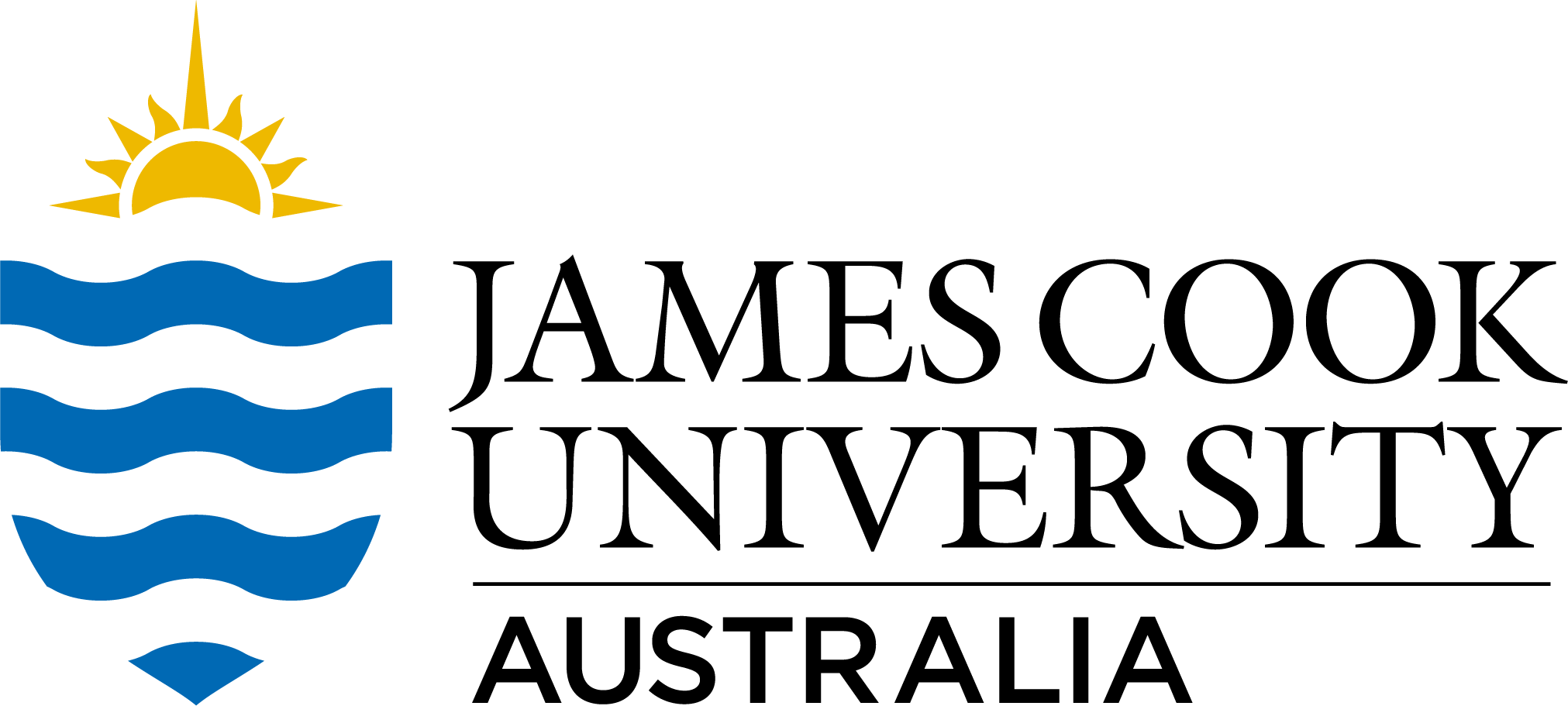Full description
Background [Extract from Related publication]: Current literature has provided substantial empirical evidence on how different types of factors influence prosocial behavior, but limited literature explores the relationship between online social media factors and their psychological influence on emerging adults’ prosocial behavior. Moreover, the majority of experimental investigations have utilized self-reported questionnaires or irrelevant economic games to reflect people’s prosocial behavior instead of measuring prosocial behavior demonstrated in real-life, natural settings. Considering the gaps in past research, the systematic review identified literature that explored the influence of social media on emerging adults’ prosocial behaviors in real-life settings to eliminate social desirability bias and accurately establish the effects of social media on emerging adults’ prosocial behavior.
Methods [Extract]: The data search was conducted from 14 to 30 April 2022 from seven multidisciplinary databases (Cochrane, CINAHL, ProQuest, PubMed, Ovid, Scopus, Web of Science). Quantitative and qualitative studies published since January 2004 (i.e., the beginning of social media) were searched. The following strategy was used to search the word “prosocial” and its synonyms in the title of the articles found in each database: (“Prosocial Behavior” OR Pro-sociality OR Prosocial OR altruism OR humanitarianism OR selfless OR "social concern" OR self-sacrific OR volunteer OR benefi OR help OR philanthropy OR kind OR charit OR benevolen). As second-level keywords, the terms "social media" OR online OR "social platform" OR "social media platform" OR "social service media" OR "social media website" OR "social networking website" were also searched across the articles’ titles, abstracts, and keywords. This level was included to focus on retrieving research that examines specific factors on social media as independent variables that influence individuals’ behavior. Each level of keyword(s) was connected by the Boolean AND.
The review search identified 21,772 titles after duplicates were removed. Published articles and grey literature (e.g., theses, dissertations) were eligible for inclusion. Based on initial exclusion criteria, studies that had no English records and did not have the search keywords in the title, abstract, and keywords of the articles were removed. Therefore, 21,746 articles from the search result were excluded after the title and abstract screening. Subsequent exclusion criteria removed articles that did not examine social media as an independent variable or did not measure the exhibition of prosocial behavior as a dependent variable (i.e., uses self-reported measures). As such, 17 articles were further excluded after the full text of the remaining articles was assessed based on the present study’s eligibility criteria. The full-text methodological quality assessment resulted in nine articles being eligible for data extraction and narrative synthesis.
This dataset consists of:
- 1 MS Word Document file containing the overview of the nine eligible studies
- 7 zip archives containing the 21,772 titles extracted for further analysis.
An extensive data summary is available in the Open Access publication from the Related publications link below.
Created: 2024-04-30
Data time period: 14 04 2022 to 14 04 2022
User Contributed Tags
Login to tag this record with meaningful keywords to make it easier to discover
- DOI : 10.25903/D918-2E90

- Local : researchdata.jcu.edu.au//published/95b66d30000211ef9cdb556d1c39e52c


